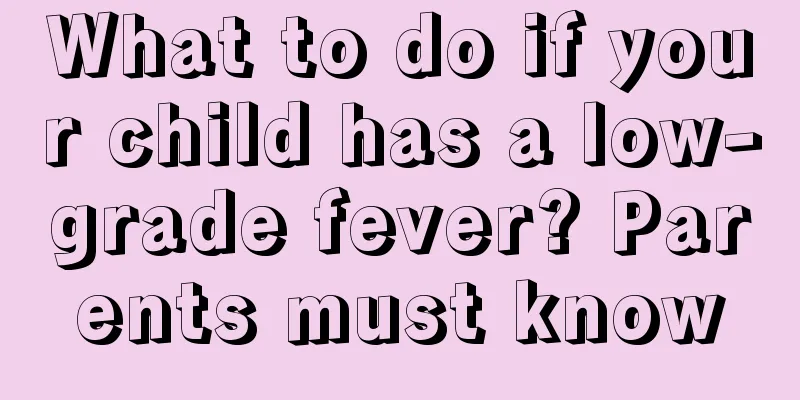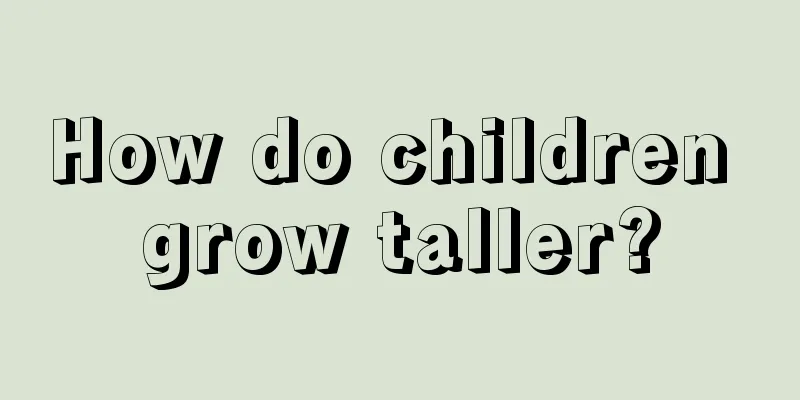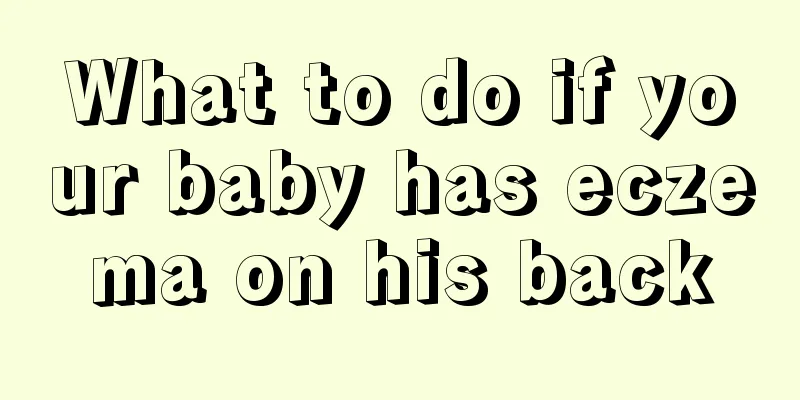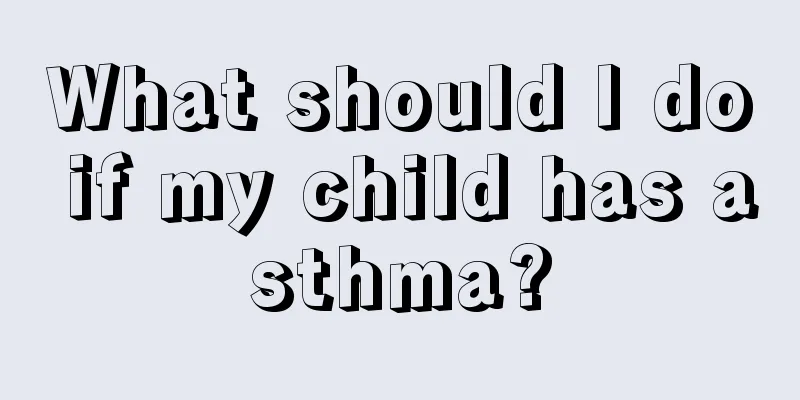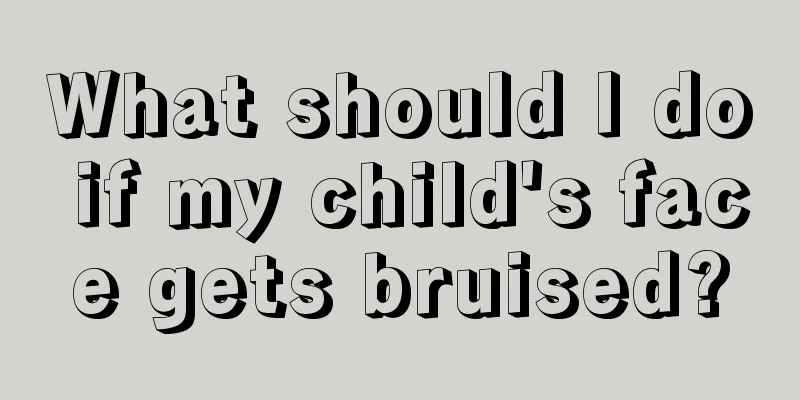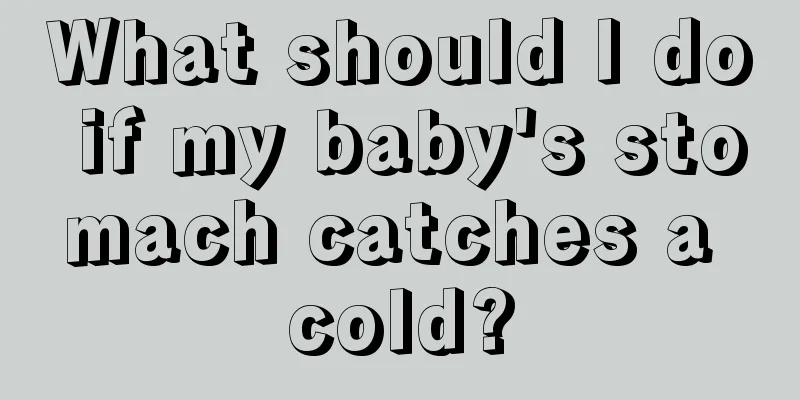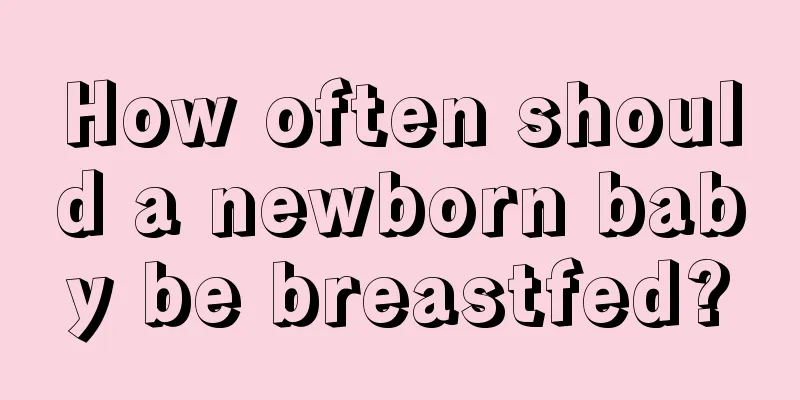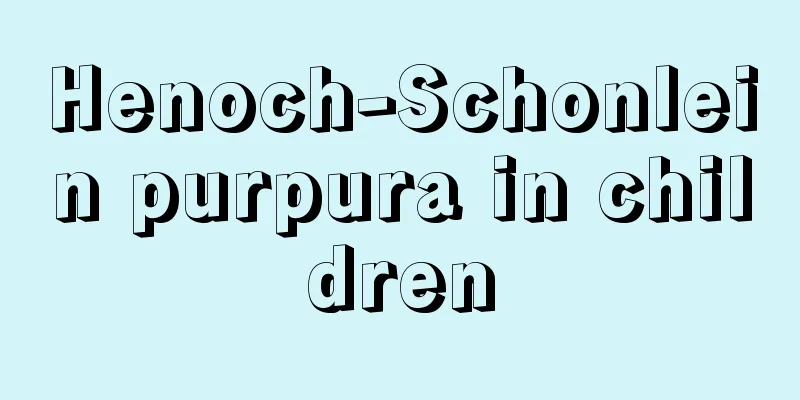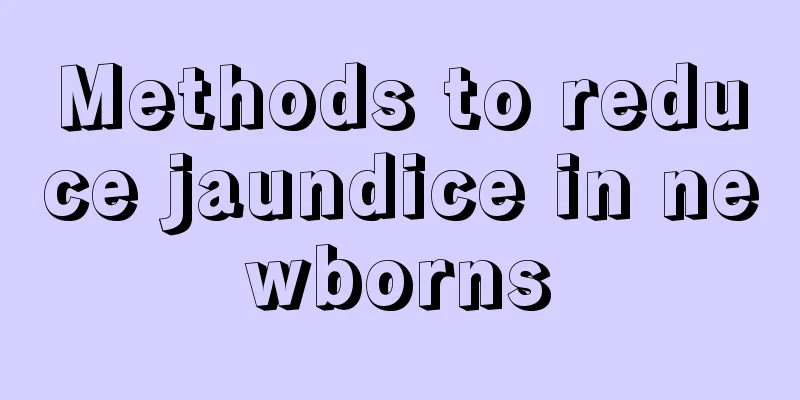What should I do if my baby has a fever and convulsions?
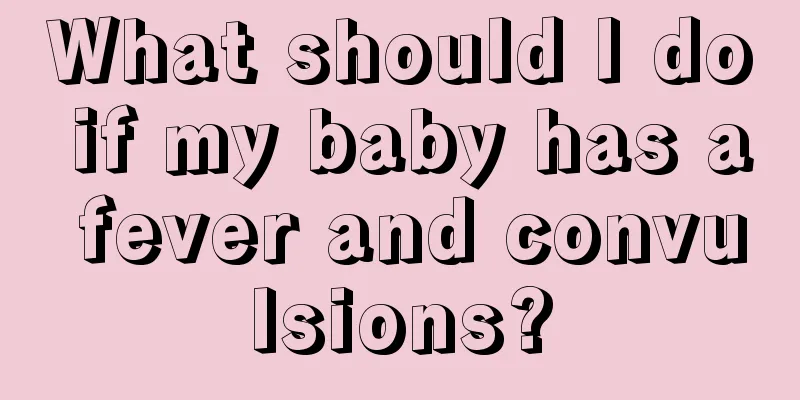
|
It is normal for parents to worry about their children because the children are too young to take care of themselves, so parents will be extra worried. Children often get sick, so parents cannot guard against it. There is no way. They don’t know when their children will get sick or have a fever. Some children even have convulsions when they have a fever. What’s going on? So what should you do if your baby has a fever and convulsions? Let’s learn more about it! A baby's fever and convulsions are medically called "febrile convulsions". This is mainly due to the imperfect development of the infant's nervous system, such as poor inhibitory function of the cerebral cortex and incomplete formation of the nerve myelin sheath. Once stimulated by external stimuli, the excitement can easily spread and cause convulsions. Generally speaking, infants and young children between 6 months and 4 years old, especially those who often catch colds and fevers, are more likely to suffer from febrile convulsions. Ventilate frequently. If your home has air conditioning, maintain the room temperature between 25 and 27 degrees Celsius. You can place your child in an air-conditioned room or use an electric fan to blow around him to slowly lower his body temperature. This will make your child feel more comfortable. But if the limbs are cold and the patient is shivering violently, it means that the patient needs warmth, so he should be covered with a blanket. Apply warm water, undress the baby, and rub the whole body with a warm towel. This will dilate the blood vessels in the baby's skin and release body heat. In addition, when water vapor evaporates from the body surface, it will also absorb body heat. Adjust your baby's position. When your baby has a seizure, have him lie flat on the bed and make sure he doesn't touch any sharp, hard objects. Later, lay your child on his side to allow him to breathe more easily and prevent saliva or vomit from blocking his trachea. Do not try to pry your child's mouth open; a child who is having a seizure due to a fever or other cause is not in danger of biting his tongue. We have solved the problem of what to do when the baby has a fever and convulsions. Babies are the loves of our lives. Even when they grow up and become adults, they are still our children. It is normal for children to feel uncomfortable and parents to worry. Of course, caring parents will learn more about children's diseases, or how to deal with them, because they are afraid that they will need them. It would be better if they don't need them. |
<<: What's going on when the baby has a fever and convulsions?
>>: How to treat baby's fever and convulsions?
Recommend
Can bell peppers be fed to babies?
Bell peppers are sweet peppers, a very delicious ...
There is secretion on the baby's underwear
When taking care of a female baby, parents must p...
What are the symptoms of a child having a fever and convulsions?
Fever is a common health hazard in children, and ...
Infants and young children have positive stool occult blood test
The baby's stool is a more intuitive reflecti...
What to do if your baby moves too much when sleeping at night
Some babies are always restless when they sleep a...
Why is the baby's fontanelle jumping?
For inexperienced young mothers, you are definite...
What to do if your child is highly dependent
Children are definitely very dependent on adults....
What foods can replenish blood and qi for children?
Children are also prone to weak qi and blood, whi...
Why doesn't my one month old baby sleep during the day?
The arrival of a baby brings great joy and hope t...
What to do if your child is frightened
Palpitations are a relatively common symptom and ...
What to do if your child has a fever, chills and shivering
Children's immunity is relatively weak, so th...
Why is the palm of a one-year-old baby hot?
If a one-year-old baby has hot palms, parents and...
My baby has a lot of phlegm and coughs. What are the methods to expel the phlegm?
Infants and young children usually have poor immu...
What's wrong with a newborn baby making pig-like snorting sounds?
During the growth period of newborns, many parent...
Child has chest tightness and shortness of breath
Chest tightness and shortness of breath usually o...
